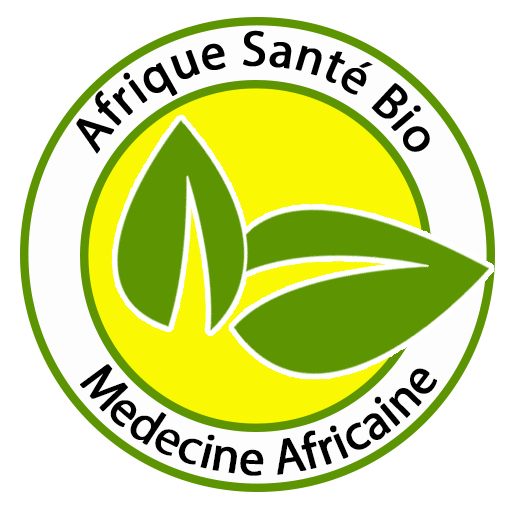Premature ovarian insufficiency: Natural treatment
- On 29/10/2025
Ovarian insufficiency is a delicate condition that affects both fertility and the female hormonal balance. We offer you very good natural treatment to cure it.
What is ovarian insufficiency?
Ovarian insufficiency (also called premature ovarian insufficiency or early menopause) is a condition in which the ovaries stop functioning normally before the age of 40.This means they no longer produce enough estrogen (female hormones) and no longer ensure regular ovulation, leading to menstrual cycle disorders and decreased fertility.
Cliquez ici pour nous joindre +22940481335
Causes of ovarian insufficiency
The causes can be natural, genetic, autoimmune, or induced by medical treatments.
Genetic causes
Chromosomal anomalies (e.g., Turner syndrome, X chromosome abnormalities)
Family heredity: some women have a history of ovarian insufficiency in their family.
Causes auto-immunes
The immune system can mistakenly attack the ovaries, preventing them from functioning properly.
Iatrogenic (medical) causes
Chemotherapy or radiation therapy used in cancer treatment
Repeated ovarian surgeries (e.g., cyst removal)
Idiopathic (unknown) causes
In more than 50% of cases, no specific cause is found.
Symptoms of ovarian insufficiency
The symptoms are often similar to those of menopause, but they appear much earlier.
The most common signs include:
Cliquez ici pour nous joindre +22940481335
- Irregular periods or absence of periods (amenorrhea)
- Hot flashes and nite sweats
- Vaginal dryness
- Decreased sexual desire
- Sleep disturbances
- Chronic fatigue
- Mood disorders (irritability, anxiety, depression)
- Difficulty conceiving (infertility)
- Loss of bone density (risk of osteoporosis)
Diagnosis of ovarian insufficiency
The diagnosis is based on:
- The anamnesis (discussion about symptoms and medical history)
- Blood tests to measure:
- FSH (follicle-stimulating hormone): often very high
- LH (luteinizing hormone)
- Estrogens: often low
- A pelvic ultrasound to observe the size of the ovaries and the number of follicles.
- A genetic or autoimmune assessment may be requested depending on the case.
Possible complications
- Permanent infertility
- Osteoporosis due to estrogen deficiency
- Increased cardiovascular risk
- Psychological disorders related to the anxiety of early menopause or infertility
Medical treatments
Although there is no treatment to completely restore ovarian function, some approaches can help relieve symptoms and preserve overall health:
Hormone replacement therapy (HRT)
Use of estrogens and progesterone to compensate for hormonal deficiency.
Helps reduce hot flashes, protect bones, and regulate periods.
Medically assisted reproduction (MAR)
For women desiring a pregnancy, egg donation is often the most effective solution.
Psychological and nutritional monitoring
Support to better navigate physical and emotional changes.
Natural treatments and complementary approaches
Some plants and lifestyle habits can help regulate hormones and improve overall well-being.
Beneficial plants:
Maca: stimulates natural hormone production.
Vitex agnus-castus (chaste tree): regulates the menstrual cycle.
Evening primrose: helps balance estrogen and relieves hot flashes.
Red clover: rich in natural phytoestrogens
Nutrition:
Favor fresh fruits and vegetables, flax seeds, soy, and oilseeds.
Avoid saturated fats, refined sugar, and alcohol.
Lifestyle:
- Practice regular physical activity
- Reduce stress (meditation, yoga, relaxation)
- Sleep enough
